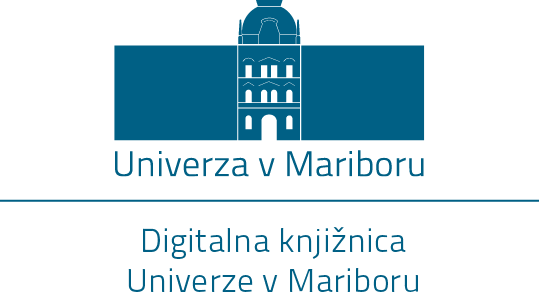Cost-Benefit Analysis in Sustainable Tourism: Best Practices and Policy Implications
Kratka vsebina
Sustainable tourism is critical in driving economic growth, preserving the environment, and enhancing social well-being by minimizing negative impacts and maximizing long-term benefits. Cost-benefit analysis (CBA) is a vital tool for stakeholders and decision-makers to examine the feasibility and impacts of tourism projects by quantifying economic, environmental, and social factors. This study presents state-of-the-art practices in applying CBA to sustainable tourism and its use in assessing return on investment, employment, poverty reduction, biodiversity, and cultural heritage conservation. While CBA enhances decision-making, challenges remain in assessing non-market benefits and trade-offs between stakeholders. This paper synthesizes real-world applications and methodological advances and examines how CBA informs evidence-based sustainable tourism policy. Using Peja, Kosovo, as a case study, the paper identifies the need to integrate local economic, environmental, and cultural factors into QA frameworks to inform sustainable development.
Prenosi
Strani
Izdano
Kategorije
Licenca

To delo je licencirano pod Creative Commons Priznanje avtorstva-Deljenje pod enakimi pogoji 4.0 mednarodno licenco.






